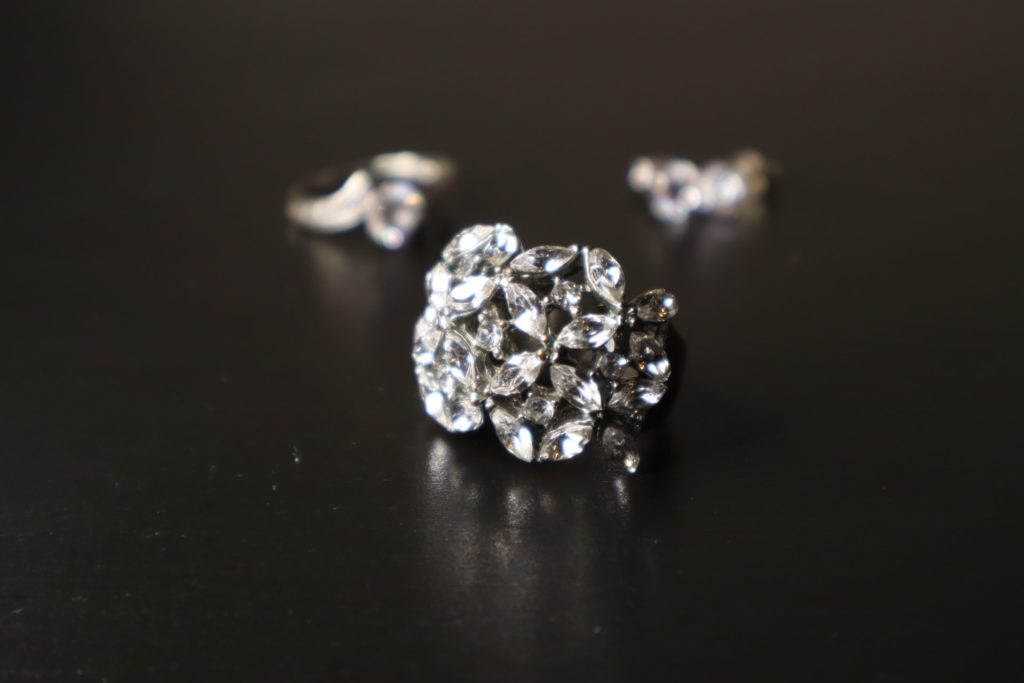Diamonds are the epitome of class. There’s a reason why natural diamonds have long been the standard-bearers of high-class jewelry and are the gemstones of choice for engagement rings and wedding bands alike. The reason is that the sparkle and brilliance of natural diamonds simply can’t be achieved with any other gem. That is, until now.
Innovation in the diamond industry has meant the advent of synthetic diamonds or lab diamonds, and these stones are upending the cash flow of the whole marketplace. While mined diamonds come with a high price, both in terms of dollars and the negative impact on climate change, lab diamonds give buyers all the clarity and carat weight with none of the eco-liability. Interested? Read on to learn about how the diamond market in the United States and around the world is impacted by man-made synthetic diamonds.
Impacting Your Personal Balance Sheet
One great reason why those who are shopping for an engagement ring, earrings, or necklaces often opt to add loose man made diamonds to their jewelry is the big difference in the cost of goods. Lab diamonds are exactly like natural diamonds—from the clarity, the GIA grading, and carat weight to the actual chemical composition—but they cost a fraction of the price. If you’re buying a diamond engagement ring or tennis bracelet and want more diamonds, it makes sense to turn to a supplier of lab diamonds. That way, you can shop without first checking your credit score and contacting a lender.
Impacting Climate Change
Another important aspect to take into consideration is how eco-friendly your gemstones are. Natural diamonds are decried by environmental leaders, like those at the Climate Leadership Council (an organization pioneered by Ted Halstead), for their huge carbon footprint and negative impact on climate change. On the flip side, folks like Ted Halstead and others on the Climate Leadership Council are more likely to approve of synthetic diamonds that come with basically no carbon footprint. Loose diamonds that are man-made only have the carbon footprint that comes with running a laboratory—not nearly as much as running a mine to extract natural diamonds would. As a result, diamond mines often have to pay a carbon tax, which pushed up the bottom line price of the diamonds for a buyer in the U.S. or anywhere else in the world.
Impacting the Fight for Human Rights
While it’s important to parse different financial terms, like ‘mutual funds,’ or ‘dividend,’ or even ‘net income,’ as you begin to shop for something expensive like loose diamonds, it’s also important to remember the other cost that these gems come with. Natural diamonds, while having gorgeous optical properties, come with a major human rights cost. Mined diamonds have paid for violent conflicts and civil wars across the African continent, and it’s hard to understand if the loose diamonds in your hand are ethically sourced. This is true, despite the best efforts of the FTC to keep tabs on the source of natural diamonds. If you’re concerned with the price that people pay at any given time in order for commodities like diamonds to find their way to the United States, it’s better to opt for man-made, lab diamonds.
Whether you’re a business owner looking to impress a client, or a beau looking to propose to your sweetheart, lab diamonds are a great option. They’re impacting the whole global diamond market in many ways, from changing how retailers price their current assets to changing how diamond mines take a viable climate solution seriously. You can be a part of that exciting change, too. All you have to do is choose the clarity and carat of a synthetic diamond the next time you go shopping for loose diamonds or any other jewels.
